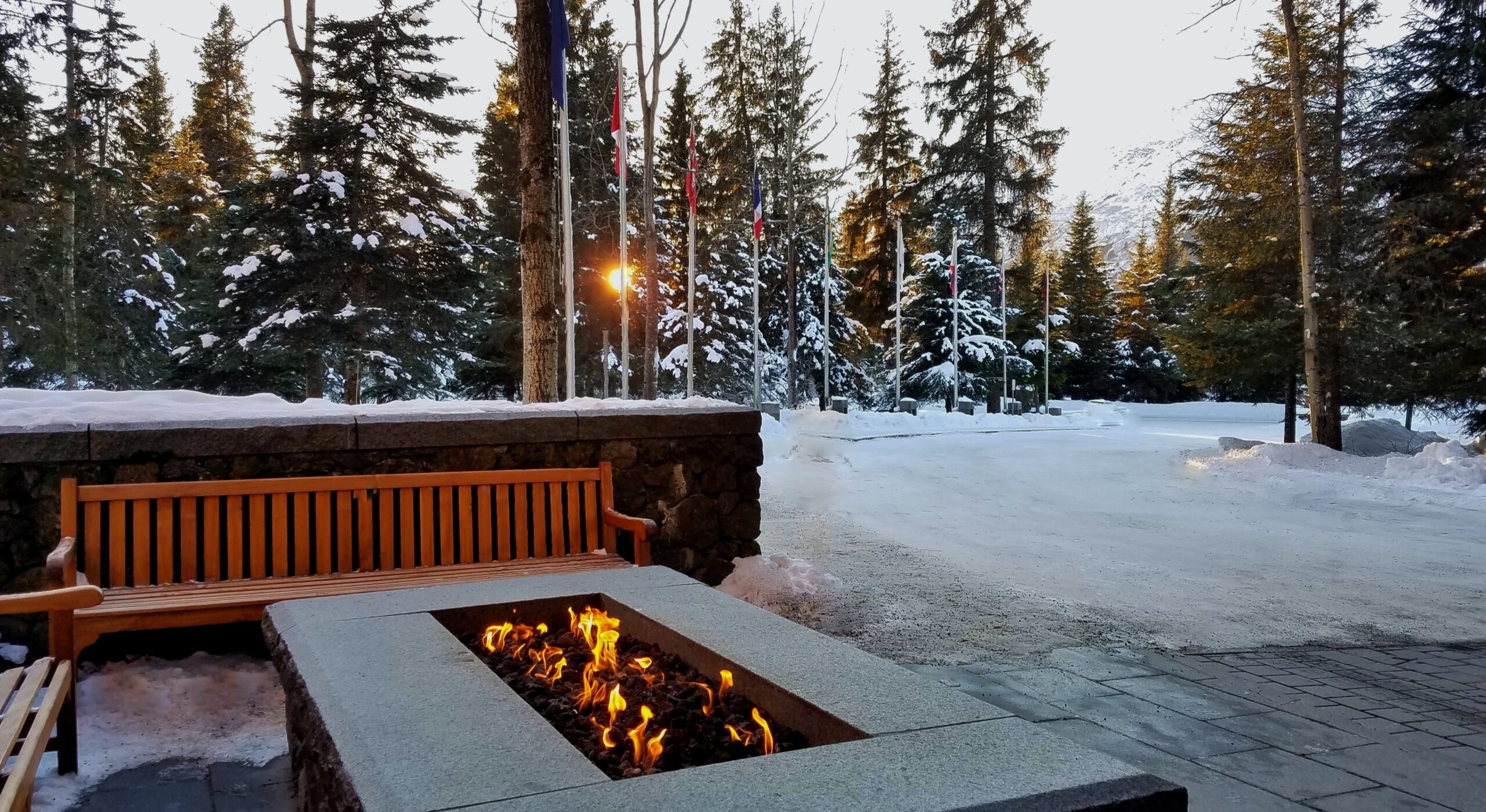
It’s that time of year to start thinking about Old Man Winter. Here are some things to keep in mind as you do your Fall cleanup and get things ready for Winter.
DOES COLD WEATHER AFFECT PROPANE TANKS?
Propane tank pressure is more important than temperature. Propane can freeze, but only at temperatures that aren’t common in your local area. A propane tank cold temperature limit is -44 degrees Fahrenheit — at that point, propane turns from a gas to a liquid. Propane can only heat your home when it’s in a gaseous state, not when it’s a liquid.
CAN YOU KEEP PROPANE TANKS OUTSIDE IN THE WINTER?
If you’re wrapping up the use of your propane tank for the barbecue season and store your grill outside, you can keep the propane connected, just make sure that you turn the tank off. However, if you store your grill indoors, turn off your propane tank and remove it from the grill.
HOW CAN YOU PROTECT YOUR PROPANE TANK IN THE WINTER?
Before it starts getting cold outside, a propane tank should be able to provide heat throughout the winter efficiently. Follow these propane tank safety tips to help prevent damage and emergency repairs:
- Keep your tank visible in the snow: In case of a massive snowstorm, you should make sure you know the exact location of your tank outside. Consider driving a stick, pole or flag into your lawn near the tank so you and the technician can find and refill it in the middle of winter.
- Clear the pathway to the tank: Besides making your propane tank easy to see, you should also make sure it’s accessible for the technician. Clear the way from the curb to your tank by cutting back shrubbery and bushes and putting trash cans in another area.
- Clear the debris from your propane appliance vents: The propane tank needs adequate ventilation. After not using it all summer, debris from animals or nearby trees could have accumulated in your vents. Check the ventilation system to ensure the air can flow freely. If you notice obstructions in the vents, call in a professional to have the system inspected and cleaned.
- Clear snow and ice off the tank: Remove snow and ice on top of your propane tank’s various components to prevent damage.
- Double-Check your fuel Before a Storm: If meteorologists say that a rainstorm, blizzard, or subzero weather spell is on the way, double-check your tank to make sure you’ve got enough fuel to last for the duration of the storm and until cleanup is finished. If you are 30% or below call us and we can help determine whether a delivery is needed. Don’t just stock up on milk and eggs before a storm, make sure you’re stocked up on propane.
- Never use outdoor propane appliances indoors OR in enclosed areas: This can result in Carbon Monoxide poisoning or death. This includes outdoor portable heaters, barbeque grills, and portable generators. Only use appliances indoors that are designed and approved for indoor use.